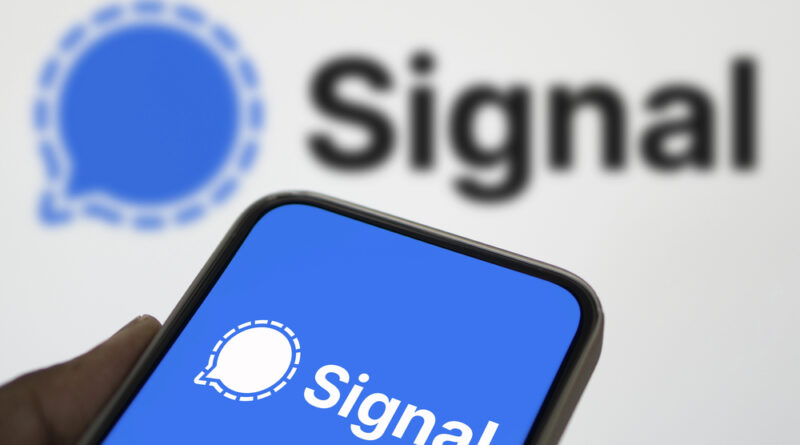Leak of US Military Plans via Signal Chat Raises Concerns Over ‘Shadow IT’
A startling security breach has rocked the U.S. government following revelations that high-level officials used the secure messaging app Signal to discuss a planned bombing campaign in Yemen. The conversation, mistakenly including Jeffrey Goldberg, editor-in-chief of The Atlantic, has triggered a broader debate over how to balance national security requirements with user-friendly systems.
According to The Atlantic, several senior officials inadvertently added Goldberg to a Signal group chat discussing sensitive operational details. The mishap sheds light on the widespread practice known as “shadow IT,” in which employees bypass official protocols and platforms in favor of convenient but unauthorized solutions.
A Legacy of Convenience Over Compliance
This latest incident echoes previous controversies—most famously, former Secretary of State Hillary Clinton’s decision in 2009 to store her emails on a private server in her basement, seeking the ease of using a personal BlackBerry. Despite guidelines requiring official channels for government communications, many staffers still turn to familiar consumer apps or cloud services such as Dropbox and OneDrive to streamline their work.
“A key reason employees resort to these ‘shadow IT’ setups is that they help them get their jobs done faster,” explains one cybersecurity expert who spoke on condition of anonymity. “But that convenience can come at the cost of national security.”
Security Gaps and ‘Disappearing’ Messages
While Signal is regarded as one of the world’s most secure messaging platforms, it is not approved for handling classified information. The app’s disappearing message feature—where chats vanish after a set period—raises further questions about compliance with federal record-keeping requirements. Government agencies are obligated by law to preserve official communications, but the automated deletion of messages may undermine such efforts.
“The problem here is twofold,” the expert added. “First, these government employees may be violating federal laws. Second, from a purely operational standpoint, if the official IT teams don’t even know a communication channel exists, they can’t secure it or monitor it.”
Usability: The Missing Piece in Security
Analysts say the incident underscores a critical lesson often overlooked in cybersecurity: user-friendliness is integral to maintaining robust security. Systems perceived as too cumbersome or restrictive drive employees to look for workarounds, unwittingly exposing their organizations to risks.
“Designers who focus exclusively on security at the expense of usability often end up with solutions that are neither secure nor user-friendly,” says a cybersecurity researcher who has collaborated with Australia’s Defence Science and Technology Group. “If a secure system is too hard to use, people will find ways to bypass it.”
Looking Ahead
Experts warn that as government agencies increasingly rely on cloud-based and mobile solutions, there must be a renewed focus on building security measures that employees are willing—and able—to follow. That includes making official platforms more intuitive and ensuring they meet real-world workflow needs.
In the meantime, investigations into the Signal leak may trigger new guidelines or enforcement actions aimed at preventing future mishaps. While convenience is a powerful motivator, officials caution that national security demands stricter adherence to protocols—particularly when it comes to protecting classified information.
“Cloud infrastructure and messaging apps are here to stay,” concludes the cybersecurity researcher. “The challenge is finding ways to keep them safe without driving people underground into shadow IT. If we don’t fix usability, we’ll keep seeing these security breaches happen.”
Photo Credit: DepositPhotos.com

